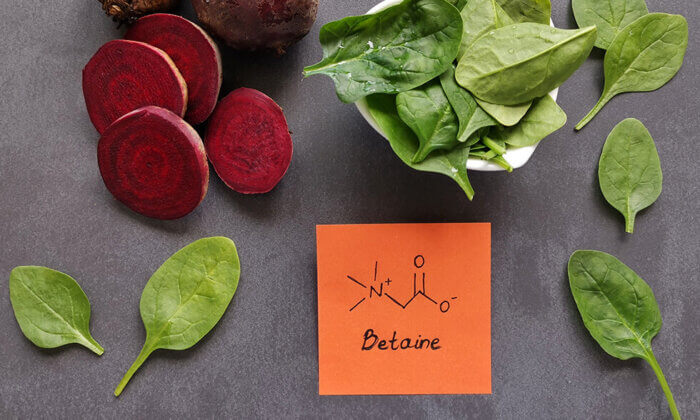Vitamin D2: Benefits, Sources, and Why It Matters for Your Health
| | Reading Time: 2 minutes

Vitamin D is often called the “sunshine vitamin,” but did you know that not all forms are the same? The two primary types are vitamin D2 (ergocalciferol) and vitamin D3 (cholecalciferol). While most people are familiar with D3, this plant-based form also plays an important role in supporting wellness. Understanding its sources, benefits, and limitations will help you make better choices for nutrition and supplementation.
What is Vitamin D2?
Also known as ergocalciferol, this version of vitamin D is typically derived from mushrooms and yeast exposed to ultraviolet (UV) light. Unlike D3, which is mainly sourced from animals or produced in the skin through sunlight, D2 is found in fortified foods and some dietary supplements.
Health Benefits of Vitamin D2
This nutrient contributes to several vital functions in the body, though it is generally considered less potent than vitamin D3. Key benefits include:
- Supports calcium absorption and bone health.
- Helps regulate immune system function.
- Supports mood regulation and brain health.
- Plays a role in cardiovascular and metabolic wellness.
- Used to treat hypoparathyroidism (inadequate parathyroid gland function)
Vitamin D2 vs. Vitamin D3: What’s the Difference?
Both types are converted in the liver to calcidiol (25-hydroxyvitamin D), the form of vitamin D measured in blood tests. However, studies suggest that vitamin D3 raises and maintains blood levels more effectively than vitamin D2. Despite this, vitamin D2 remains a valuable option, especially for those following plant-based diets or seeking vegetarian-friendly supplementation.
Best Sources of Ergocalciferol
Vitamin D2 can be found naturally or through fortified products. Top sources include:
- Mushrooms exposed to sunlight or UV light (such as maitake, portobello, and shiitake).
- Fortified plant-based milks (soy, almond, oat).
- Fortified breakfast cereals.
- Dietary supplements containing ergocalciferol.
Should You Supplement?
Supplementation may be helpful if you have limited sun exposure, follow a vegan diet, or struggle to maintain optimal vitamin D status. When choosing a supplement, look for high-quality, third-party tested products to ensure purity and potency.
At Dr. J.E. Williams’ clinic, we provide evidence-based guidance on supplementation, ensuring that your nutritional needs are met safely and effectively. Explore our range of medical-grade supplements here.


